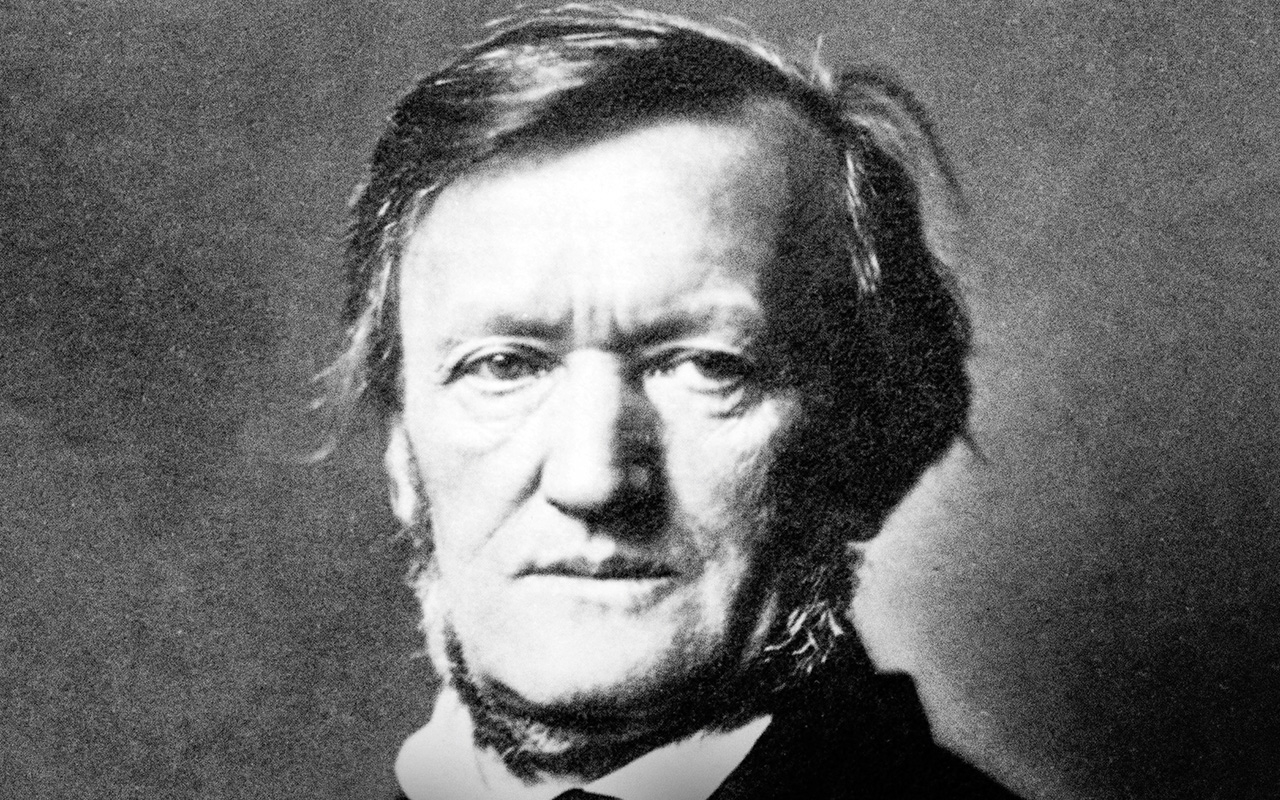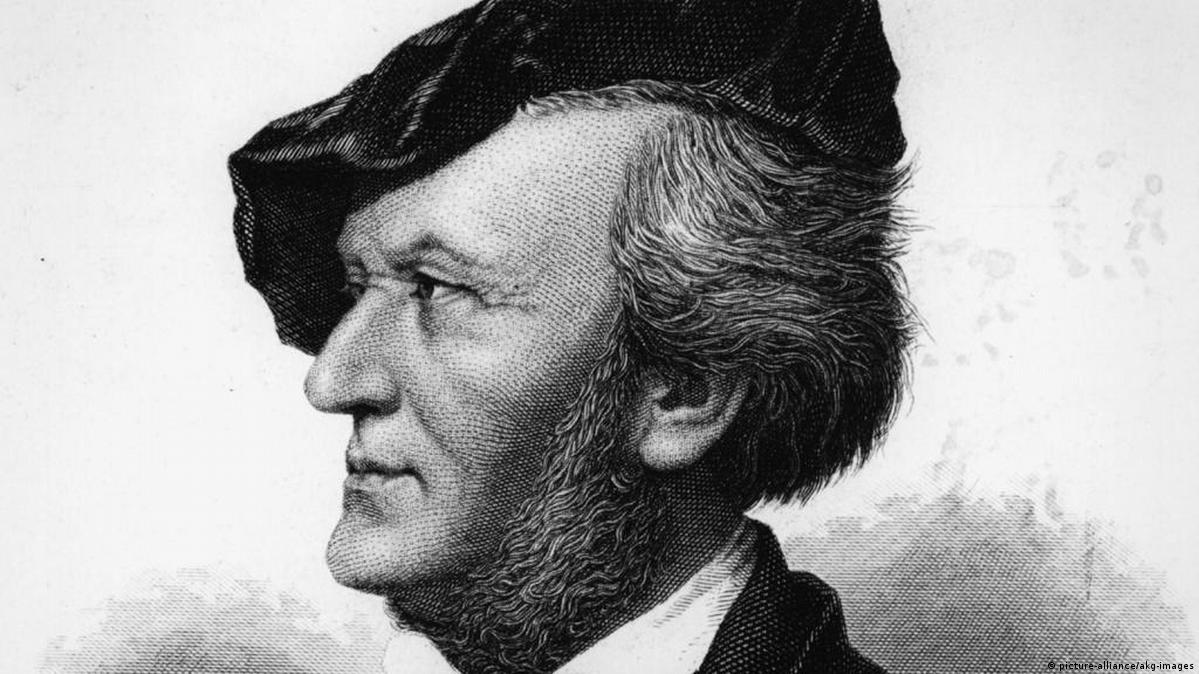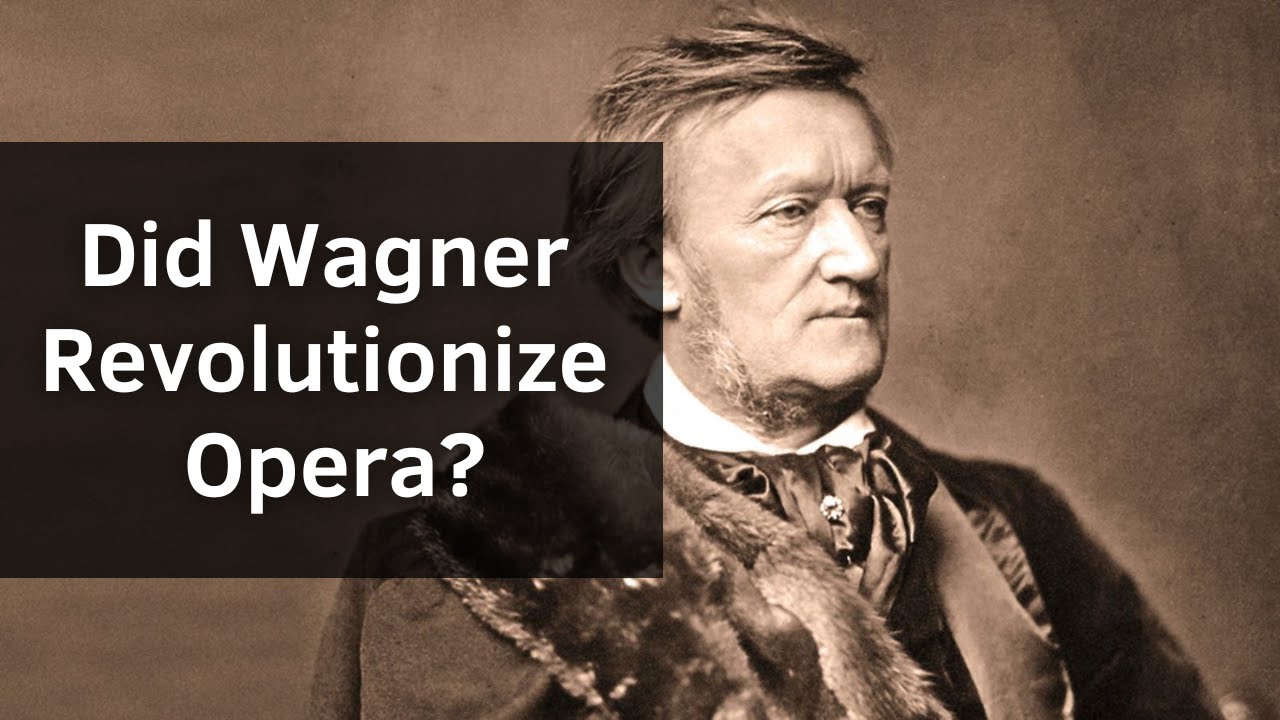
Top 10 Wagner Songs
Richard Wagner (1813-1883), a towering figure in the world of classical music, revolutionized opera through his innovative use of leitmotifs and orchestration. His works, characterized[…]

Fascinating facts about Wagner
Richard Wagner was a prominent composer of the 19th century, known for his influential contributions to opera and his complex, often controversial, personal and artistic[…]

Masterpieces of Epic Symphonies: The 10 Best Songs by Composer Richard Wagner
Richard Wagner, a prominent German composer, conductor, and theater director of the 19th century, is widely regarded as one of the most influential figures in[…]

Unveiling the Enigma: Curiosities about Composer Richard Wagner
Richard Wagner, the renowned German composer, conductor, and theater director, left an indelible mark on the world of music with his monumental works and innovative[…]

Life and History of Wagner
Richard Wagner’s passion for music blossomed at an early age. Growing up in a theatrical family, he was exposed to the arts from the start.[…]

Five Facts You Didn’t Know About Wagner
Five Facts You Didn’t Know About Wagner Astonishingly, Richard Wagner showed little aptitude or enthusiasm for music as a child, and so was the only one[…]

How Did Wagner Revolutionize Opera?
How Did Wagner Revolutionize Opera? Initially establishing his reputation as a composer of works in the romantic vein of Carl Maria von Weber and Giacomo Meyerbeer,[…]

Josef Wagner – Under the Double Eagle – Music | History
Josef Wagner – Under the Double Eagle – Music | History “Under the Double Eagle” (German: Unter dem Doppeladler), Op. 159, is an 1893 march composed[…]

Liszt – Wagner – Tristan and Isolde – Liebestod, S 447 – Music | History
Liszt – Wagner – Tristan and Isolde – Liebestod, S 447 – Music | History Tristan und Isolde (Tristan and Isolde), WWV 90, is an opera[…]

Liszt / Wagner – Overture to Tannhauser – Piano version S 442
Tannhäuser (or Tannhäuser and the Singers’ Contest at Wartburg Castle) is an opera in three acts, written by Richard Wagner between 1842 and 1845, and[…]